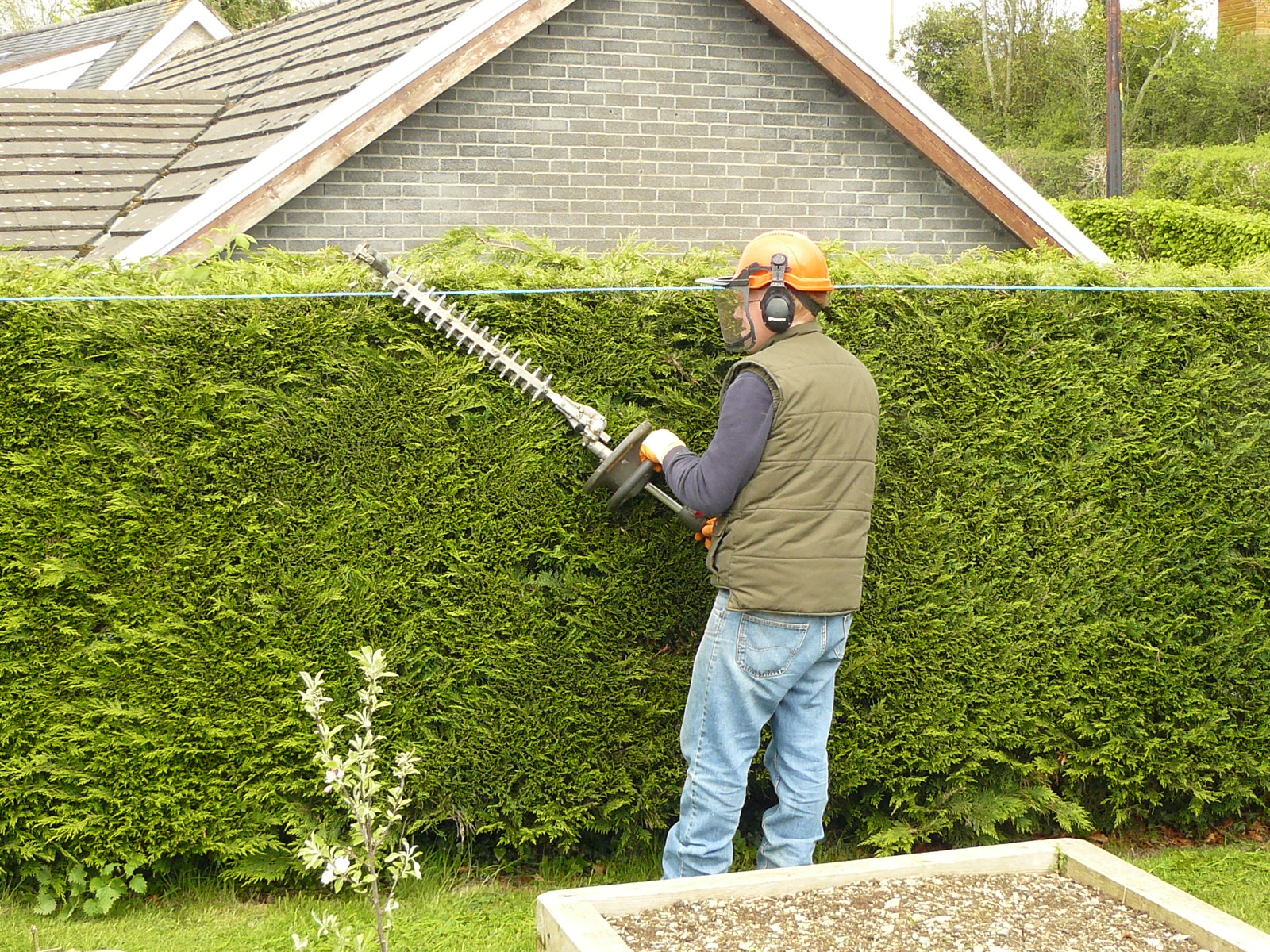Trimming hedges might seem like a straightforward task, but depending on where you live and the type of hedge you have, there may be restrictions in place. In Luton, it’s important to understand whether permission is needed before you begin cutting. At Luton Tree Surgeon, we’re often asked about hedge cutting in Luton regulations and when homeowners need approval, so we’ve created this guide to help clarify the rules.
Understanding Routine Hedge Maintenance
If a hedge is entirely within the boundaries of your own property and is not subject to special protections, you typically don’t need permission for regular trimming. Many homeowners in Luton maintain their hedges to preserve privacy, keep pathways clear, and improve garden appearance. Routine hedge cutting is widely accepted, but it’s always wise to stay informed about local exceptions.
Conservation Areas and Protected Locations
If your property is located in a conservation area, stricter rules apply. These areas are designated to protect the historic or environmental value of certain parts of Luton. If your hedge is large, highly visible, or includes trees, the local authority may require prior notice or approval before any major cutting is carried out. Always check with Luton Borough Council before proceeding.
Tree Preservation Orders (TPOs) and Hedgerows
Some hedges include trees that are protected by a Tree Preservation Order. If this applies to your property, you must apply for written consent before cutting or pruning. Carrying out unauthorised work on protected trees, even accidentally, can lead to fines. If you’re unsure whether your hedge contains a protected tree, professional advice is recommended.
High Hedges and Neighbour Disputes
Tall hedges that affect neighbours are regulated under the Anti-Social Behaviour Act 2003. If a hedge grows over two metres high and restricts light or enjoyment of a neighbouring property, the affected party may submit a formal complaint to the council. Luton Borough Council may then investigate and issue a formal notice requiring you to reduce the hedge’s height. However, such actions are generally a last resort when informal discussions have failed.
Wildlife Protection and Nesting Season
During the bird nesting season, which typically runs from March to August, cutting hedges can pose serious risks to local wildlife. Under the Wildlife and Countryside Act 1981, it is illegal to disturb or destroy the nests of wild birds while they are in use. Before carrying out any hedge work during this period, check carefully for active nests. At Luton Tree Surgeon, we always assess the hedge first to avoid harming nesting birds.
Boundary Hedges and Shared Responsibility
Hedges that grow along shared property boundaries require extra caution. You are allowed to cut back any overgrowth that extends onto your side, but you must not cut into a neighbour’s side without their consent. Open communication with neighbours is key to avoiding disputes. It’s also helpful to confirm hedge ownership before starting any work, especially if boundaries are unclear.
When to Contact Luton Borough Council
You should consider contacting the council for advice if you are in a conservation area, near a listed building, or unsure about TPO status. The planning team at Luton Borough Council can clarify whether any restrictions apply to your specific property. Taking the time to check can help you avoid penalties or legal issues.
Expert Help from Luton Tree Surgeon
At Luton Tree Surgeon, we provide professional hedge cutting services that comply with all local and national regulations. Our team understands Luton’s planning policies, conservation requirements, and wildlife protection laws. Whether it’s a one-off trim or regular maintenance, we deliver safe, legal, and high-quality results.
Understanding the Role of Conservation Areas in Luton
Luton is home to several designated conservation areas that aim to preserve the historical and architectural character of specific parts of the town. If your property is located within one of these areas, stricter rules apply when it comes to cutting trees and, in some cases, large or established hedges.
Before any substantial cutting takes place, especially if the hedge is a prominent feature visible from a public road or contributes to the character of the neighbourhood, you may need to give the council six weeks’ notice. Failure to do so can lead to enforcement action or fines.
The safest approach is to check the status of your property through the Luton Borough Council Planning Portal, or get in touch with a professional service like Luton Tree Surgeon, which is familiar with local requirements and can handle permissions on your behalf.
Tree Preservation Orders (TPOs) and Their Impact on Hedge Cutting
Many hedges in Luton contain mature trees that contribute to the local environment. In such cases, a Tree Preservation Order may apply, making it illegal to cut, prune, or remove these trees without explicit written permission from the council.
Even if the tree is part of a hedge or appears to be on your private land, a TPO still takes precedence. Violating a TPO can result in hefty fines and legal consequences. If you’re unsure whether your hedge includes protected trees, it’s essential to check with the local authority before proceeding.
At Luton Tree Surgeon, we offer tree and hedge assessments to determine whether TPOs are in place and guide you through the permission process where required.
Hedge Cutting and UK Wildlife Protection Laws
Another critical consideration when cutting hedges in Luton is the protection of wildlife, particularly birds. Under the Wildlife and Countryside Act 1981, it is illegal to intentionally damage or destroy the nest of any wild bird while it is being built or in use.
The main nesting season in the UK runs from March to August, though this can vary depending on the species and weather. Cutting a hedge during this time without first checking for active nests can lead to legal trouble and environmental harm.
At Luton Tree Surgeon, we always conduct a full pre-cut inspection before undertaking any hedge maintenance during spring and summer. If we find nesting activity, we postpone the job until the fledglings have safely left.
Conclusion: Know Before You Cut
While most hedge cutting in Luton can be done without formal permission, exceptions exist. Hedges in conservation areas, those containing protected trees, or those involved in neighbour disputes may require council involvement. Always check for nesting birds and respect boundary lines to avoid complications. If you’re uncertain, reach out to Luton Tree Surgeon—we’re here to offer expert advice and dependable hedge care all year round.




